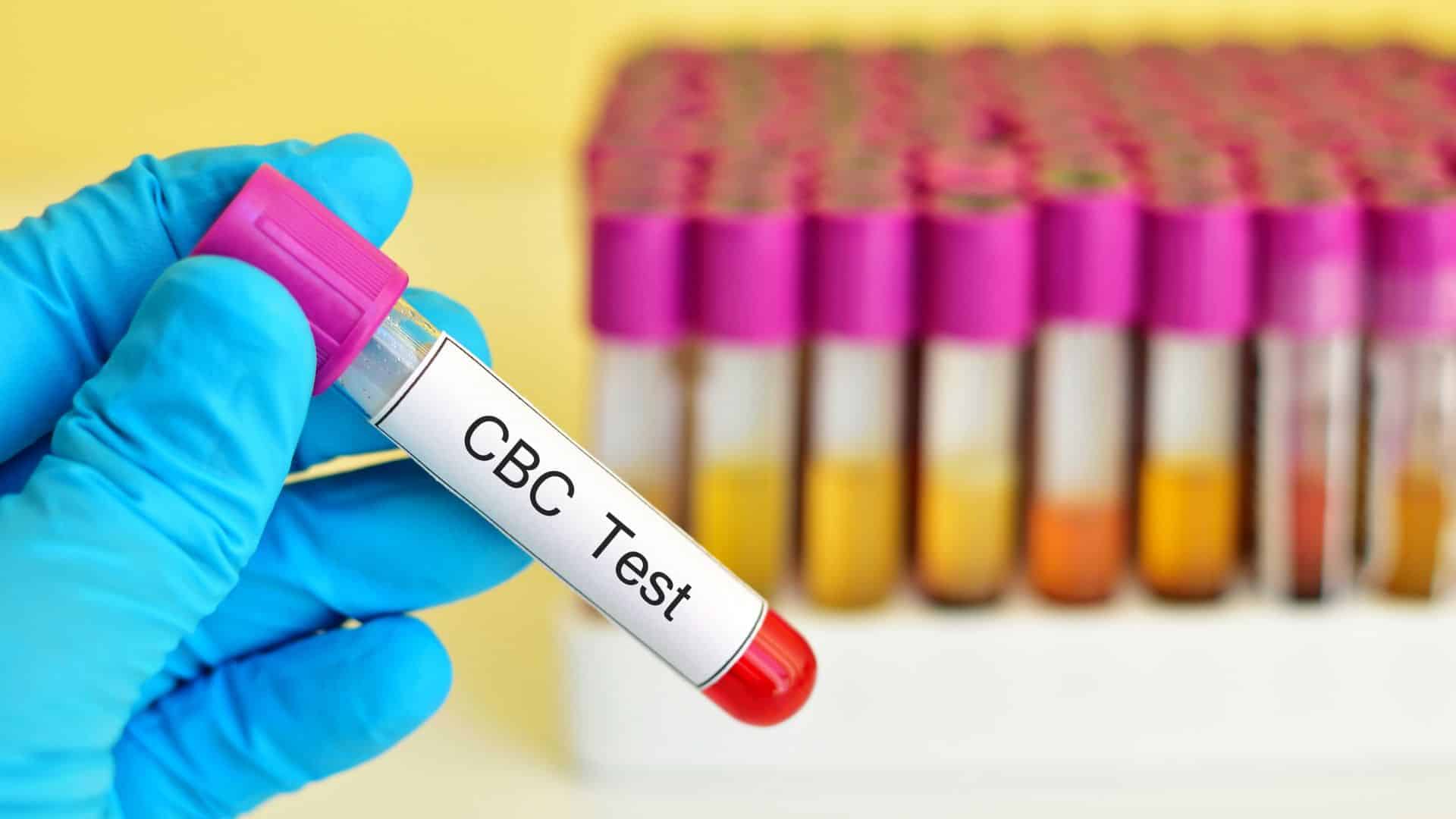
Complete Blood Count (CBC) is a fundamental diagnostic tool that provides valuable insights into an individual’s overall health. This routine blood test is crucial for assessing various aspects of the blood, offering a comprehensive view of the body’s physiological status. Let’s delve into the significance of CBC, exploring its components, the information it reveals, and its role in preventive healthcare.
Understanding Complete Blood Count
A CBC measures three main components of the blood: red blood cells (RBCs), white blood cells (WBCs), and platelets. Each component plays a unique role in maintaining bodily functions.
Red Blood Cells (RBCs):
Red blood cells are responsible for transporting oxygen throughout the body. The CBC assesses the quantity and quality of these cells, providing insights into oxygen-carrying capacity and overall respiratory health. Abnormalities in RBC count may indicate conditions such as anemia or polycythemia. Regular CBC monitoring is especially crucial for individuals with chronic illnesses affecting blood cell production. (Cleveland Clinic, 2023)
White Blood Cells (WBCs):
White blood cells are the body’s defense against infections. The CBC measures the total WBC count, helping identify potential infections or disorders affecting the immune system. Elevated WBC counts may suggest an infection, inflammation, or a bone marrow disorder. Conversely, low WBC counts could indicate a weakened immune system. (MedlinePlus, 2023)
Platelets:
Platelets are essential for blood clotting and preventing excessive bleeding. The CBC assesses platelet count, aiding in the detection of bleeding disorders or excessive clotting tendencies. Abnormal platelet counts may result from various conditions, including autoimmune disorders and bone marrow disorders. Regular CBC monitoring is essential for individuals at risk of these conditions. (Mayo Clinic, 2023)
Significance of Complete Blood Count in Preventive Healthcare
- Early Detection of Disorders: CBC screenings are instrumental in the early detection of disorders such as anemia and infections. Abnormalities in RBC count may indicate conditions like anemia, allowing for timely intervention to prevent complications. Routine CBC monitoring proves crucial in identifying these conditions at their nascent stages. (Cleveland Clinic, 2023)
- Monitoring Chronic Conditions: For individuals with chronic illnesses, CBC serves as a vital tool for ongoing monitoring. Elevated or decreased blood cell counts can signify changes in the course of conditions like diabetes or autoimmune disorders. Regular CBC screenings empower healthcare providers to adjust treatment plans promptly, ensuring optimal disease management. (MedlinePlus, 2023)
- Assessing Immune System Health: White Blood Count assessment within a CBC aids in evaluating the health of the immune system. An elevated WBC count may indicate infections or inflammatory conditions, enabling healthcare professionals to address potential issues before they escalate. Conversely, a low WBC count may signal a weakened immune system, prompting further investigation. (MedlinePlus, 2023)
- Identifying Clotting Disorders: Platelet count analysis in a CBC is essential for identifying clotting disorders. Abnormal platelet counts may result from conditions such as autoimmune disorders or bone marrow disorders. Monitoring platelet levels allows for the timely diagnosis and management of these conditions, reducing the risk of complications. (Mayo Clinic, 2023)
- Tailoring Healthcare Plans: CBC provides a nuanced snapshot of an individual’s overall health, enabling healthcare providers to tailor treatment plans. CBC results contribute to a holistic understanding of a patient’s condition, guiding healthcare professionals in adjusting medications, therapies, or lifestyle recommendations based on individual needs. (MedlinePlus, 2023)
Complete Blood Count Diagnostics are Powerful
Complete Blood Count emerges as a powerful diagnostic tool with far-reaching implications for preventive healthcare. Its significance lies not only in the early detection of disorders but also in the ongoing monitoring of chronic conditions, assessment of immune system health, identification of clotting disorders, and the customization of healthcare plans. By recognizing the multifaceted role of CBC, healthcare providers can deliver more personalized and effective care, contributing to overall well-being.
Works Cited
professional, Cleveland Clinic medical. “Complete Blood Count: Normal Ranges & Test Details.” Cleveland Clinic, my.clevelandclinic.org/health/diagnostics/4053-complete-blood-count.
“Complete Blood Count (CBC): Medlineplus Medical Test.” MedlinePlus, U.S. National Library of Medicine, medlineplus.gov/lab-tests/complete-blood-count-cbc/.
“Complete Blood Count (CBC).” Mayo Clinic, Mayo Foundation for Medical Education and Research, 14 Jan. 2023, www.mayoclinic.org/tests-procedures/complete-blood-count/about/pac-20384919.

